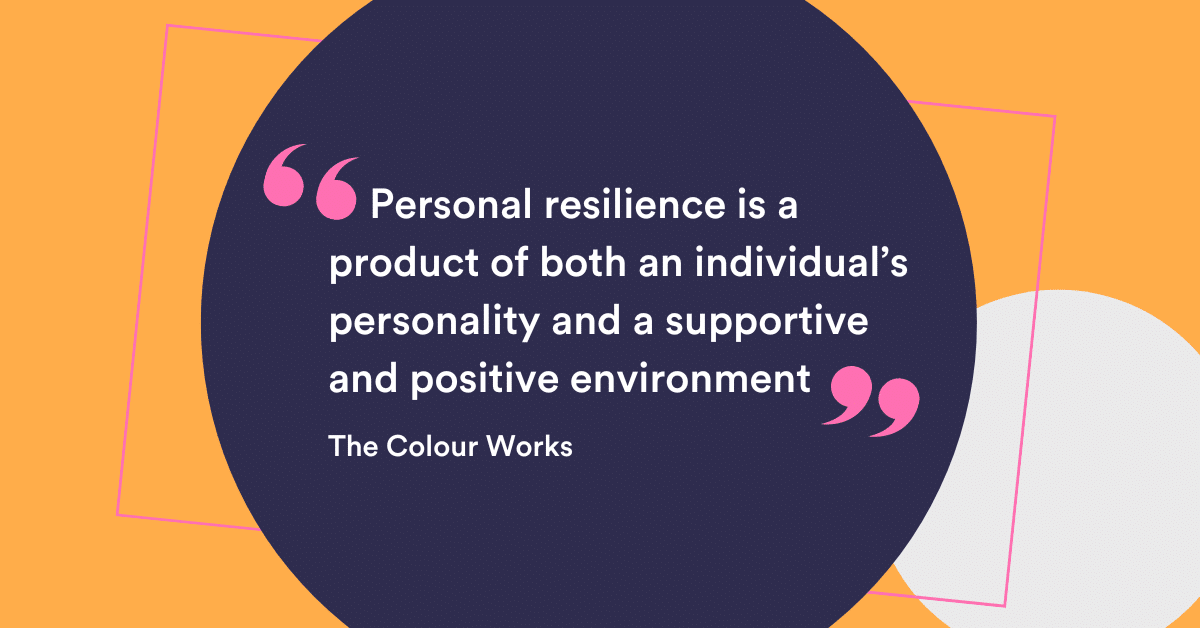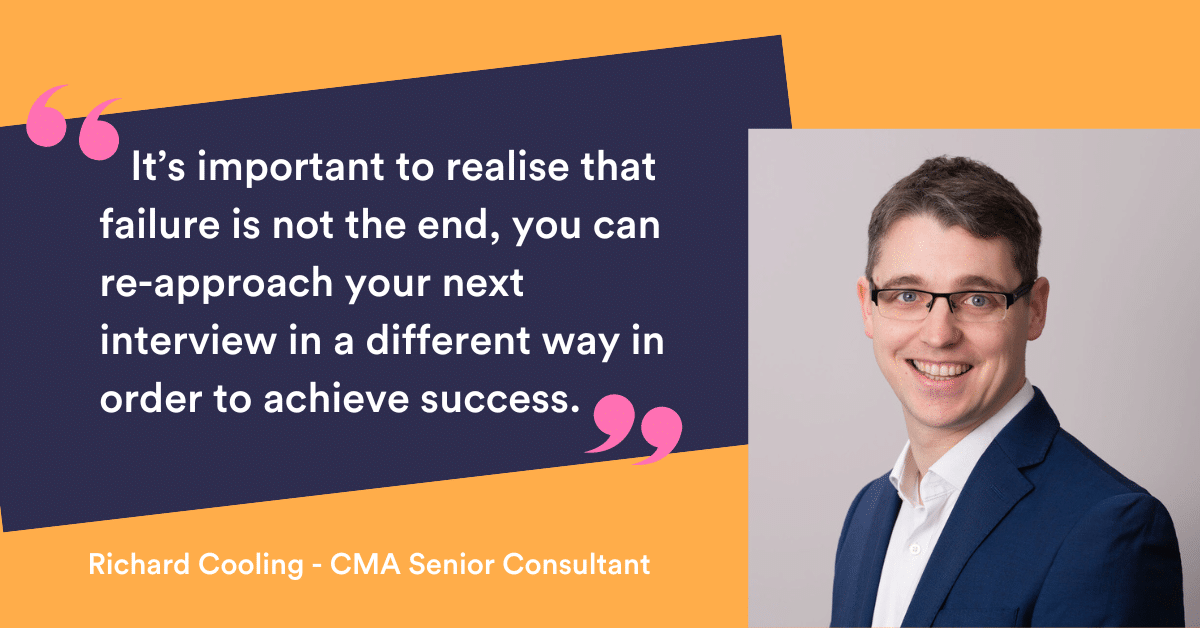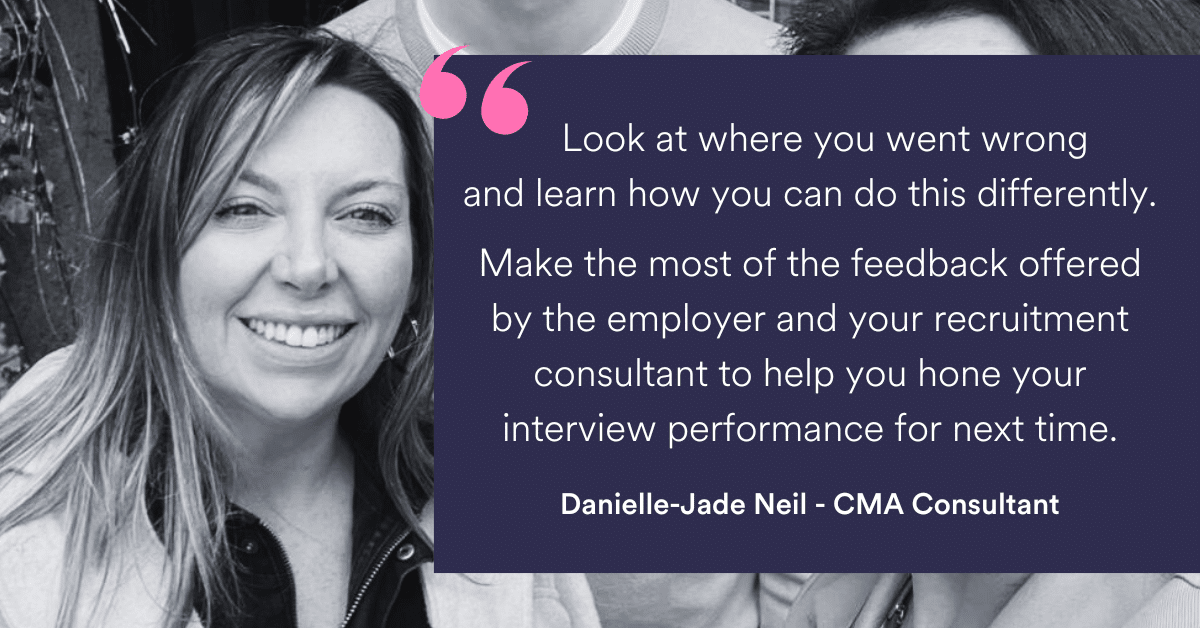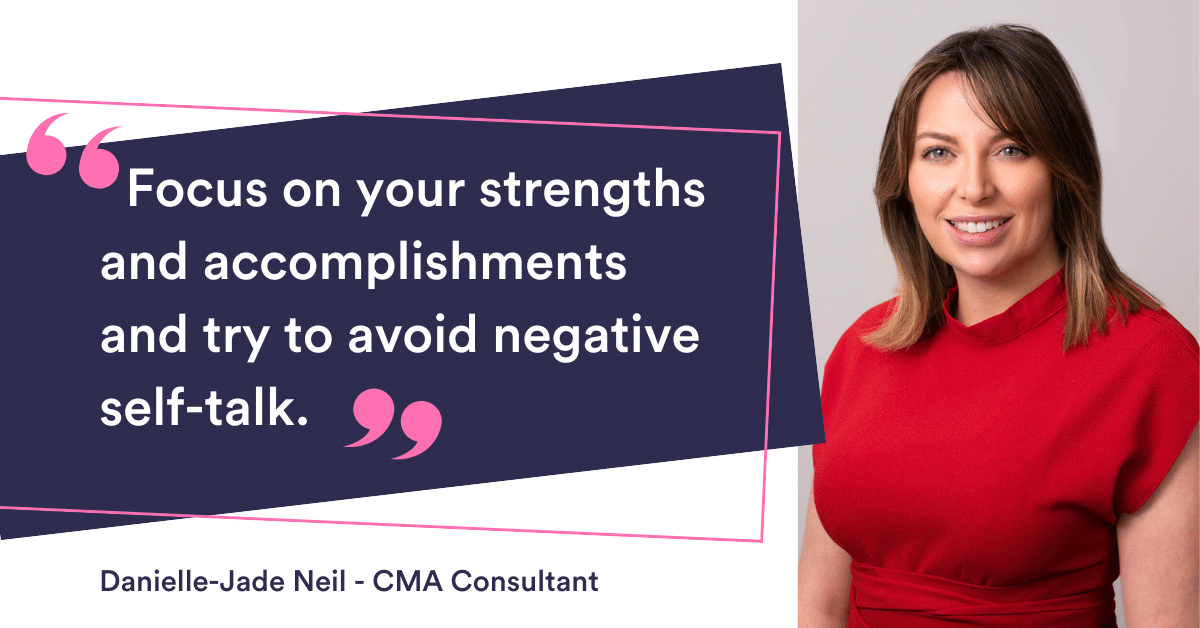Handling Rejection in Your Job Search: How to Build Resilience
So, you didn’t get the job, what now? We all experience failure at some point in our lives, and part of job hunting is facing rejection after an unsuccessful interview. Dealing with rejection from a job application is never easy, and if you’re faced with one after another it’s easy to feel dispirited. Don’t let failure hold you back though!
There is a key to handling rejection and that is building resilience. In this article, we share our recruitment consultants’ expert advice to help you overcome these hurdles and keep positive, even in the face of hard-to-hear feedback.
How to stay resilient when job hunting
Resilience – noun – “the ability of a person to adjust to or recover readily from illness, adversity, major life changes, etc.; buoyancy.”
Perseverance is essential when searching for a new job; resilience is what makes bouncing back in the face of rejection possible. Everyone has resilience, some people will naturally be more resilient than others, but this resilience can fade away after a setback.
We understand that staying positive can feel even harder if you are unemployed or particularly unhappy or stressed in your current role. Everyone deals with stress and rejection differently but happily, there are some tried and tested methods to help you build your resilience and cope with rejection in a more positive way.
What are the 7 Cs of resilience building?
Specialists in people development, The Colour Works says: “Though largely perceived as something you’ve either got or you haven’t, personal resilience is a product of both an individual’s personality and a supportive and positive environment.”
Paediatrician and human development expert, Dr Kenneth Ginsburg, first proposed the 7 Cs of resilience building, these are seen as being the integral and interrelated components that make up being resilient. These are:
- Competence – knowing how to deal with a stressful situation effectively
- Confidence – having self-belief in your abilities
- Connection – having a strong support network
- Character – a clear sense of integrity
- Contribution – knowing you make a difference
- Coping – strategies for coping with stress and making good decisions
- And control – feeling empowered in your choices.
How can you apply these to your job hunt?
Change your mindset
Reframing your situation and the outcomes can make a big difference. CMA’s Senior Consultant Richard Cooling says: “It’s important to realise that failure is not the end, you can re-approach your next interview in a different way, in order to achieve success.”
See it as personal development
Take the feedback and the experience of the interview as a learning opportunity, and use it as personal development. Learn from it and analyse what you could have done differently to achieve a different outcome.
CMA Consultant Danielle-Jade Neil advises: “Look at where you went wrong and learn how you can do this differently. Make the most of the feedback offered by the employer and your recruitment consultant to help you hone your interview performance for next time.”
Don’t go it alone
Reach out and lean on your support network, whether that’s friends, family or loved ones. If you aren’t already working with a recruitment consultant, then consider uploading your CV. Here at CMA, we offer constructive feedback after every interview and our excellent knowledge of our clients means we can fully brief you ahead of every interview.
Work closely with your recruitment consultant, as they will be an intermediary when it comes to interview feedback, and will be able to provide excellent insight into the company, and offer suggestions to help you succeed next time.
Take it with a pinch of salt
It’s important not to lose sight of your own strengths, excellent qualities and the contribution you make.
“Focus on your strengths and accomplishments and try to avoid negative self-talk” advises Danielle-Jade. It’s worth bearing this advice in mind too when dealing with negative feedback…
How to handle feedback
Hearing tough or negative feedback is never easy, but as mentioned above, this feedback is valuable to help you achieve success next time. The most important thing to remember is don’t take it personally.
It’s easy to feel defensive and we know that it’s hard for candidates to hear negative feedback, especially when it doesn’t correlate with how you see yourself. Instead of reacting immediately, stay neutral and take the time to process the feedback before you react.
If the feedback has come directly from an employer this is particularly important. It’s worth mentioning too, that you should always thank them for the feedback – as after all it’s been offered to help you.
Talk the feedback through with your recruitment consultant, they will be able to discuss this with you and offer insight. Richard says: “I’ve helped many candidates by talking through the client’s feedback, helping them work out where they might have gone wrong and how they can approach it differently next time.”
Take on board the feedback but don’t dwell on it. Focusing on the positives can help too!






